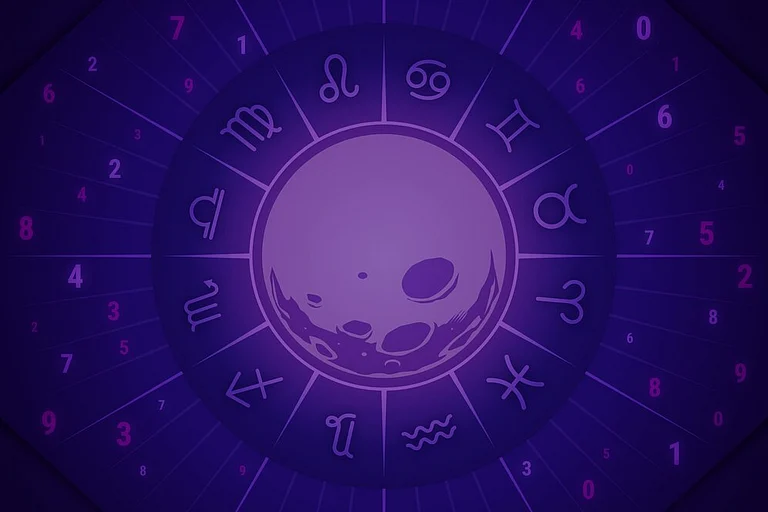EVER since he assumed charge as the CBI director on August 1, Joginder Singh has been hopping from one embarrassing minefield to another. First it was his widely reported meeting with former prime minister P.V. Narasimha Rao which raised many eyebrows. Close on its heels came the fiasco of his first foreign assignment as CBI chief when he failed to secure the extradition of hawala accused Amir Bhai from Hong Kong.
But it was Singh's rendezvous early this fortnight with Rao which has attracted much criticism. The meeting took place at the wedding reception of former home minister Syed Sibte Razi's daughter. Later, Singh accompanied Rao to his 9, Motilal Nehru Marg residence where they spent over 30 minutes together. Accused of 'hobnobbing' with an accused in a cheating, bribery and conspiracy case, an embarrassed Singh only made matters worse when he tried to explain that he was meeting all the former prime ministers to "seek their blessings and guidance to run the organisation". And so, to save face, he sought appointments with all former prime ministers. But when he went to see Chandra Shekhar, he was pointedly cold shouldered.
As a joint director in the Intelligence Bureau (IB) pointedly asks: "Where is the need of seeking guidance from anybody? The law is the supreme guide." Officials in the CBI are equally flabbergasted. A section of them feels that the meeting between Singh and Rao was uncalled for, especially when the latter is being investigated by the CBI. They add that in the light of the Supreme Court's instructions, the director should have avoided meeting Rao. (On the very first day of his appointment as CBI chief, the apex court had specifically instructed Singh "not to take instructions" from anybody.)
The meeting was criticised by politicians as well as lawyers. While appearing before the Delhi High Court in the Jharkhand Mukti Morcha (JMM) bribery case, lawyer P.N. Lekhi expressed serious doubts about the intention of the CBI. He accused Singh of hobnobbing with Rao—a charge often levelled against Singh's predecessor, K. Vijaya Rama Rao.
While the high court expressed satisfaction over the progress made by the investigating agency in the JMM case and conceded to the CBI's request for 30 days time to produce results, it did not comment "at this stage" on Lekhi's observations about the RaoSingh rendezvous. The judges observed that the investigation in the JMM case was at "a critical stage" and "major decisions" had to be taken. The court however, did not elaborate what these decisions were. The next hearing is on September 9.
As if that were not enough, Singh had to bite the dust on August 9 in Hong Kong where he had personally gone to secure the extradition of Amir Bhai, an accused in the multi-crore Jain hawala case. The failure of his mission is seen by many as a professional defeat. The Hong Kong court did not find the evidence against Amir Bhai clinching enough to warrant extradition. The CBI chief's visit to Hong Kong was surprising because normally such tasks are assigned to junior officials.
Incidents such as these will naturally cast a shadow on Singh's innings at the CBI, making him and the organisation he heads vulnerable to criticism. To dispel the first impression about the new chief, the CBI will have to prove that it will not develop cold feet while dealing with the VIPs it is investigating. Much will also depend on the attitude of the judiciary. After all, it was the judiciary which kept the CBI on its toes during the four years of investigations in the hawala case. It was the court which came down heavily on the agency whenever it showed sluggishness and reluctance in investigating those in positions of power.
Clearly, testing times are ahead for Joginder Singh. According to insiders, with the judiciary keeping a close watch on the agency, the new CBI chief will not only have to be fair but also firm. He will also have to ensure that political compulsions of his mentor H.D. Deve Gowda will not in any way influence official decisions.


























